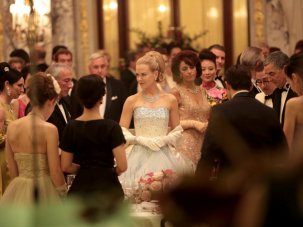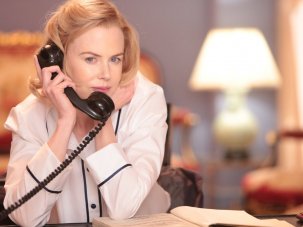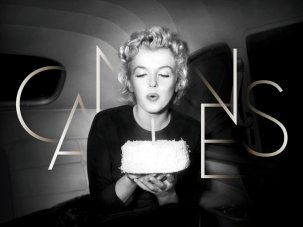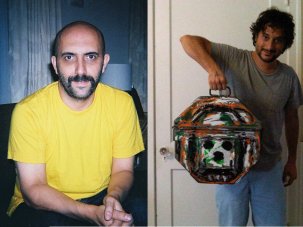from our June 2015 issue

Love (2015)
Are the winds of change blowing on the Croisette?
13-24 May 2015 | France
It’s still the festival that matters most, that has the clout to send maverick cinema to screens all across the world. But over the last few years the grumbles have been growing louder: too many Cannes perennials offered a Competition pass; too many empty star-laden trifles (Ryan Gosling’s Lost River, the much-derided Grace of Monaco); too few female directors competing for the Palme d’Or; not to mention the paucity of documentary at a time when it is one of the most exciting areas of contemporary filmmaking.
Risk-taking when it comes to controversy is part of the festival’s DNA (this year’s chief provocateur is Gaspar Noé and his 3D, three-hour “joyful porn” film Love), but not when it comes to promoting adventurous young filmmakers to auteur paradise. However, looking back at those films left behind in the Un Certain Regard sidebar over the last few years (Stranger by the Lake, Jauja, Amour Fou) and considering gems such as National Gallery and The Tribe presented in last year’s Directors’ Fortnight and Critics’ Week sidebars, respectively, the Competition certainly now has some competition.
So what’s different about this year’s line-up?
“The mission is to put new names on the world cinema map,” Thierry Frémaux has stated, and to some extent his choices for the most high-profile screenings back this up. For the first time since Markus Schleinzer’s Michael in 2011, there is a debut feature from an unknown director plucked out of the 1,800 submissions to bypass UCR: Son of Saul, a drama following two days in the life of a fictitious prisoner at one of Auschwitz’s crematoriums, by 38-year-old Hungarian László Nemes (albeit a filmmaker who earned his stripes working for Béla Tarr, just as Schleinzer worked previously with Michael Haneke). Two more films by under-the-radar directors – Michel Franco (Chronic) and Guillaume Nicloux (Valley of Love) – add further spice to the Competition blend this year.
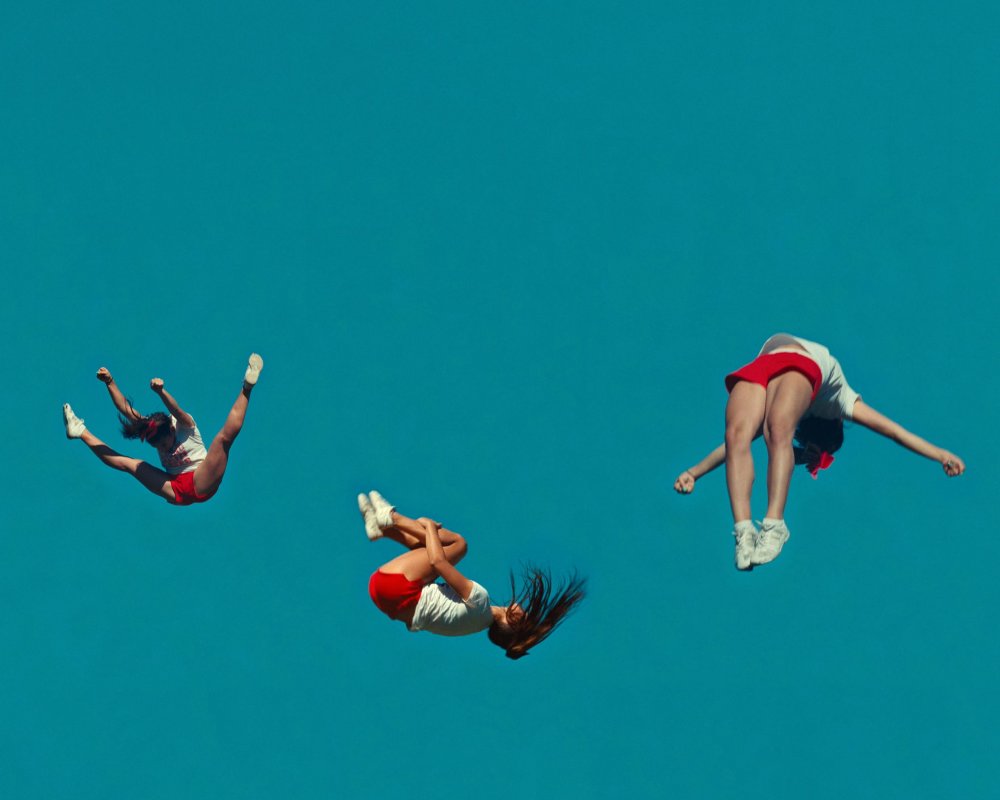
Louder Than Bombs (2015)
Elsewhere, the Cannes career ladder is firmly in place. Rising up from UCR is Greek surrealist Yorgos Lanthimos with his first English-language film The Lobster (a delightfully deranged-sounding dystopian tale about force-breeding and human-animal transformation, which is also being touted as a romcom) and Norwegian filmmaker Joachim Trier with his English-language debut Louder Than Bombs. (Should we read anything into the fact that Romanian Cannes regular Corneliu Porumboiu, whose The Treasure doesn’t have the pulling power of Colin Farrell, Rachel Weisz or Jesse Eisenberg, has not graduated to the Competition?)
Meanwhile Australian director Justin Kurzel, last seen in Critics’ Week in 2011 with his gritty debut Snowtown, will hopefully add a blood-thirsty tinge to the Competition with his adaptation of Macbeth, featuring Michael Fassbender and Marion Cotillard as the power duo. Valérie Donzelli’s Declaration of War was likewise launched four years ago in Critics’ Week, and now her illicit love story and period drama Marguerite and Julien, based on a 1971 screenplay originally intended for François Truffaut, will be considered by the Coen brothers and their jury.
As ever, an enticing selection of august arthousers headlines the Competition – and thankfully they aren’t quite as predictable as (and are noticeably younger than) the usual stalwarts.
Hou Hsiao-Hsien is the veteran among them. What the great chronicler of Taiwanese history will do with the martial-arts genre in the long-gestating The Assassin is one of the Croisette’s most tantalising questions.
Highly anticipated too are the films of other Asian Cannes habituals: Jia Zhangke’s Mountains May Depart, a love story that travels from contemporary China to a futuristic Australia; Apichatpong Weerasethakul’s Cemetery of Splendor (surprisingly not in Palme d’Or contention); and Koreeda Hirokazu’s Our Little Sister, one of his trademark quiet melodramas.
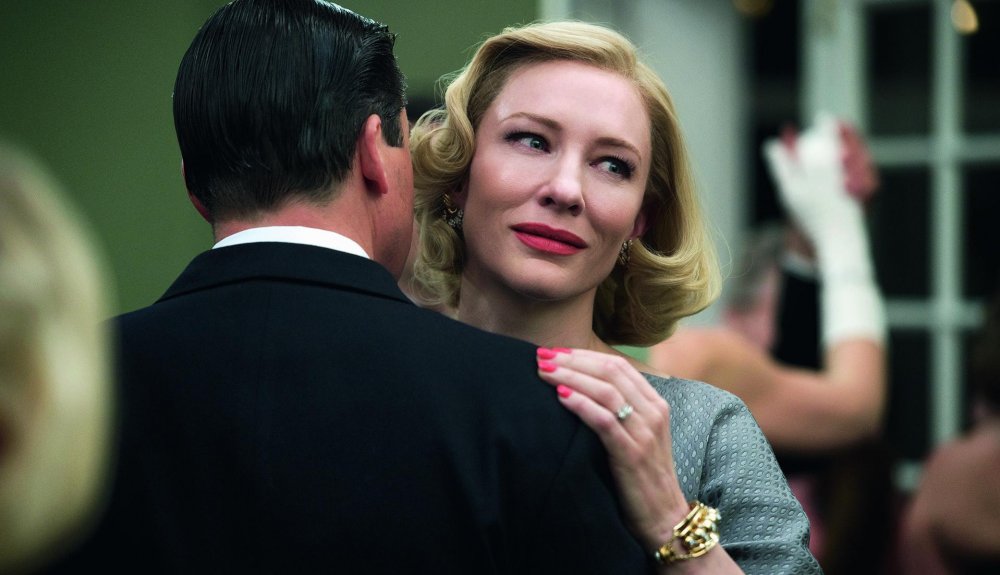
Carol (2015)
Another melodrama-revivalist, Todd Haynes, returns to the festival for the first time since 1998, continuing to explore his favoured decade – the 1950s – with an adaptation of Patricia Highsmith’s novel Carol, starring Rooney Mara as a lonely store clerk who falls for Cate Blanchett’s titular older woman. Fellow American Gus Van Sant will be hoping his tale about a chance meeting in Japan’s “suicide forest”, The Sea of Trees, scoops him a second Palme d’Or, following his triumph with Elephant in 2003.
French cinema is out in force, with Jacques Audiard’s Dheepan one of the highlights. Italian cinema is also strongly represented with Nanni Moretti (Mia madre), Matteo Garrone (Tale of Tales) and Paolo Sorrentino (Youth), the last two bringing to four the number of English-language films by non-native-speaking directors. (To assuage the overall mood of optimism, however, here are five words of caution: This Must Be the Place.)
Only time (and hopefully Venice or Toronto screenings) will reveal if the heavily tipped British absentees, Ben Wheatley’s High Rise and Terence Davies’s Sunset Song, deserved to be in the mix. Asif Kapadia’s portrait of singer Amy Winehouse, Amy, did, however, score a Midnight Screening slot.
This Cannes, as always, has little time for documentary, but nonfiction looks set to seep into The Other Side, by Italian-Texan director Roberto Minervini (Stop the Pounding Heart), and Malian filmmaker Souleymane Cisse’s family portrait Oka (Our House). Of the many director tributes on offer in the Cannes Classic section, Kent Jones’s Hitchcock-Truffaut, drawing on the tape recordings of their week-long 1962 discussion, is the most alluring.
Meanwhile the frisson between Cannes proper and its younger upstart, the more intrepid Director’s Fortnight sidebar, continues, with both Miguel Gomes and Arnaud Desplechin reportedly turning down UCR slots and defecting there after being rejected from the Competition. Gomes’s follow-up to the universally praised Tabu is a six-hour Arabian Nights-inspired triptych surveying contemporary Portugal’s economic crisis, and it will be fascinating to see if the Competition selectors really should have run scared from it.
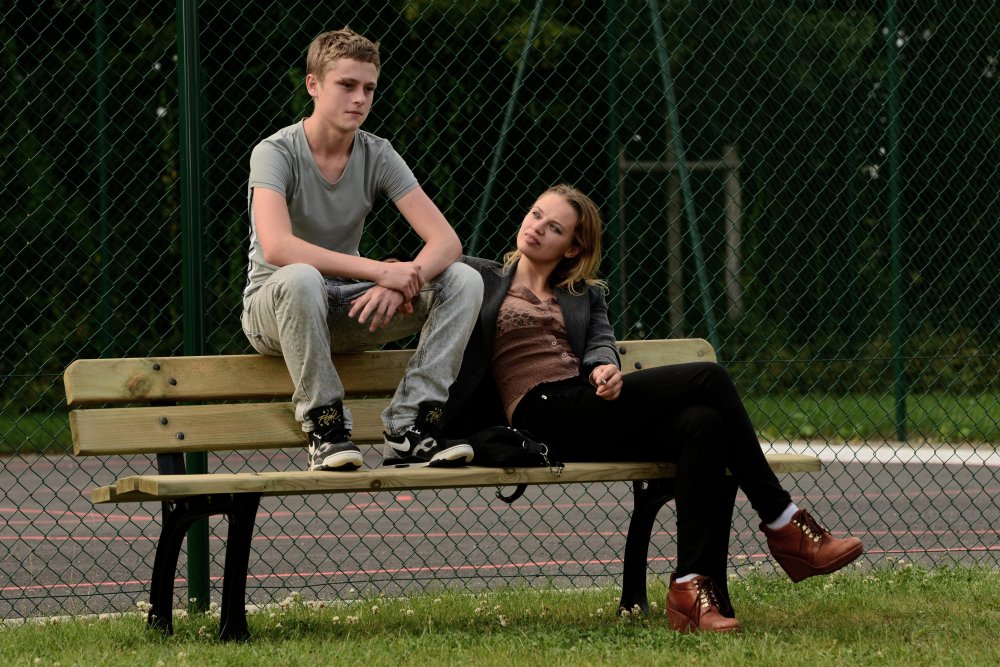
Standing Tall (La Tête haute, 2015)
Perhaps the biggest statement of change is this year’s opening film: Emmanuelle Bercot’s Standing Tall, a tale charting a juvenile delinquent from the ages of six to 18, is the first film by a female director to launch the festival for 28 years and stands in contrast to the razzle-dazzle of last year’s Grace and 2013’s The Great Gatsby. This shift seems motivated as much by a desire to highlight more serious, politically engaged films in the wake of the Charlie Hebdo attacks and to boost French cinema in a slot that normally has Hollywood’s name on it, as it does to address the festival’s woeful under-representation of female directors. One hopes the film lives up to its title.
Indeed the number of female filmmakers in the Competition remains the same as last year, a lowly two, with Maïwenn’s Mon roi also in contention. But Frémaux and his team are drawing attention to French female directors in particular, with Alice Winocour’s Maryland also in UCR and with their decision to bestow a fourth-ever honorary Palme d’Or upon Agnès Varda (after previous such honours given to Woody Allen, Clint Eastwood and Bernardo Bertolucci).
Expectations are high for Women in Motion, a sidebar of talks highlighting women’s contribution to the film industry. With participants only just now announced, it appears rather hastily assembled but does boast some high-profile participants, including Varda, UCR Jury president Isabella Rossellini, Frances McDormand, Thierry Frémaux and Claire Denis. What it really needs though is some producer and studio-exec representatives, the areas of the industry so desperately in need of change. With two new awards of its own to grant, including one to an up-and-coming female filmmaker, let’s hope it yields more than lip service.
-
Cannes Film Festival 2015 – all our coverage
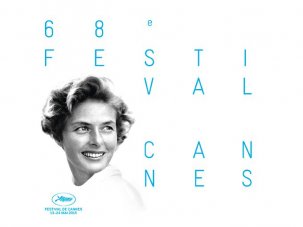
See our Posters d’Or gallery, first-look reviews and commentary on the course of the festival.
-
The Digital Edition and Archive quick link
Log in here to your digital edition and archive subscription, take a look at the packages on offer and buy a subscription.




